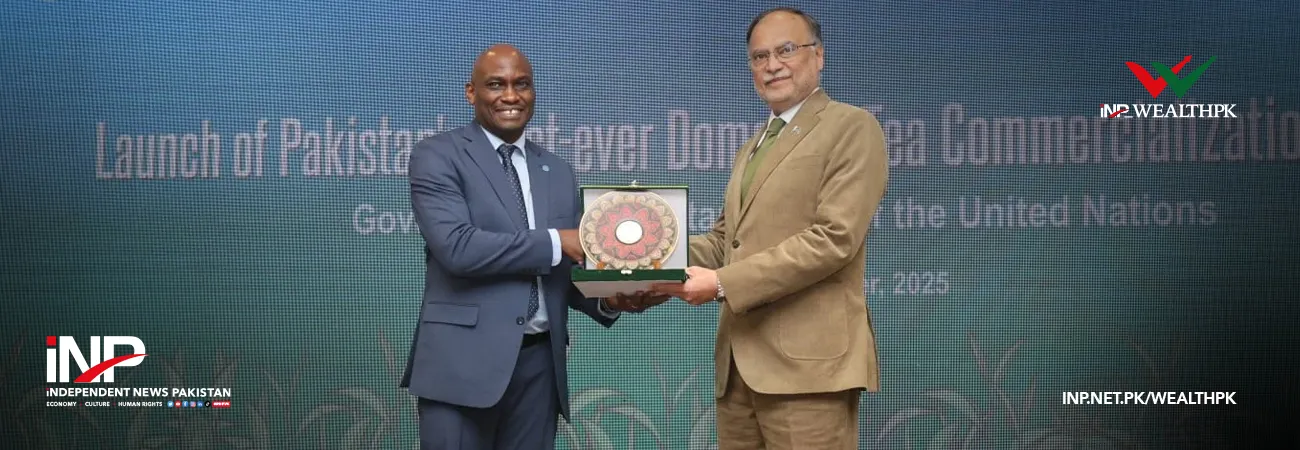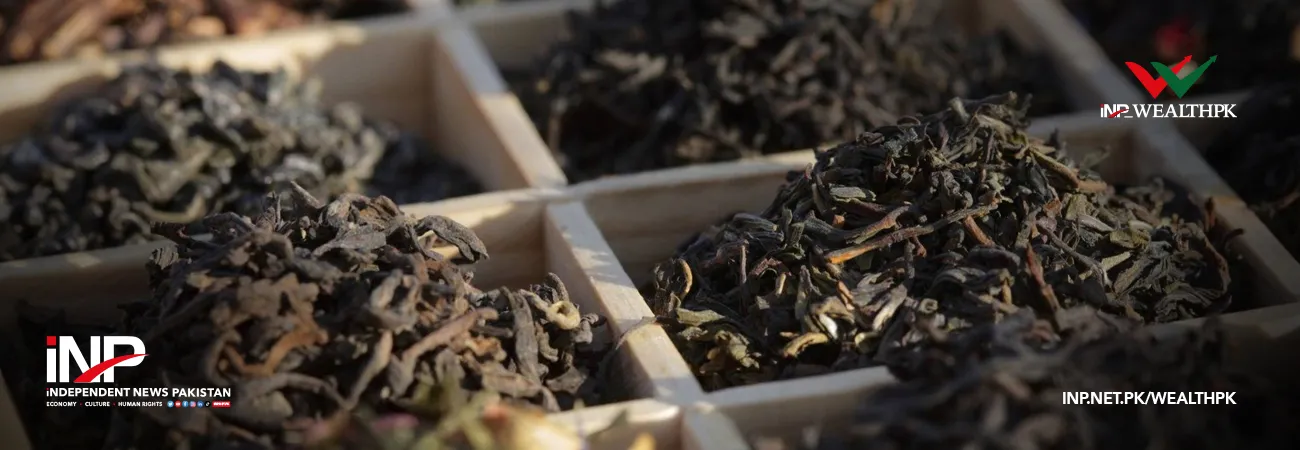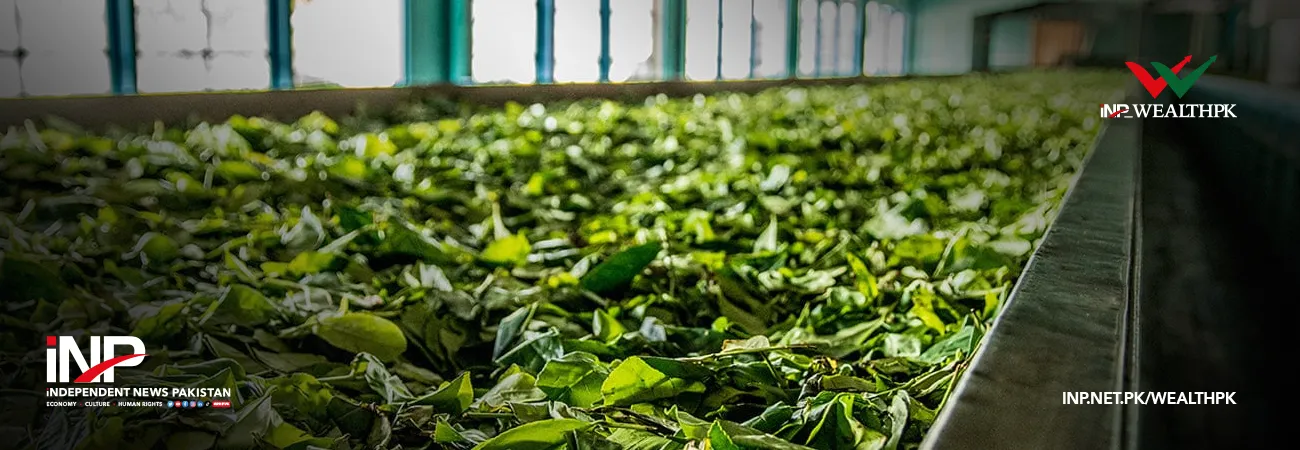INP-WealthPk
Faiza Tehseen
Pakistan needs to launch robust environmental conservation efforts to mitigate its climate vulnerability.

“In Pakistan, around 64% of electricity is derived from fossil fuels, which are the major cause of environmental pollution in the country. Keeping this fact in mind, the country aims to shift its energy mix toward renewables by 2030 through tapping the immense potential of solar, hydro and wind energy to reduce the heat-trapping emissions and create green jobs,” says Muhammad Saleem, spokesperson of the climate change and environmental coordination ministry. Talking exclusively to WealthPK, he pointed out that the country, ranked 8th on the global climate risk index, faces growing risks of glacial melt, floods and droughts.
“The floods in 2022 affected more than 33 million people and caused economic losses of over $30 billion.” The ministry official said it was critical to protect the country’s natural resources. “The Indus River delta, mighty Himalayas and great Karakoram peaks are the natural shields against climatic impacts. However, the changing environmental conditions are having a bad impact on them. Increasing temperature is disastrous for them. Ice cover on them is melting and the waters of Indus are getting contaminated or evaporated.” Saleem said: “The lowering ice shield, and water evaporation are causing loss of biodiversity, rising temperatures, water scarcity, desertification, and an increase in the severity and frequency of droughts and floods.”
He said that environmental conservation would lead to improved air and water quality, enhanced climate change resilience, reduced greenhouse emissions, and biodiversity conservation. “In this regard, collaboration between the private and government sectors is direly needed. Corporate social responsibility, and community-based conservation projects can also play a crucial role.” Talking to WealthPK about the importance of environmental conservation to address the climatic impacts in Pakistan, Dr Muhammad Akbar, an environmentalist from Gilgit-Baltistan, said: “Expansion in reforestation and biodiversity conservation projects is vital to combat soil erosion and speed up carbon sequestration.
Key initiatives taken by the government – a billion tree tsunami, which aims to plant 10 billion trees by 2025 – are laudable, but there is a need for further steps like expanding wildlife sanctuaries and national parks to conserve ecology, enhancing the protected areas’ network, reducing waste, promoting water conservation, and establishing robust waste disposal and recycling systems.” Akbar said that water source and glacier management and sustainable irrigation were important measures to be adopted. “A focus on resilient farming techniques amid erratic precipitation and rising temperatures can also help save large quantities of water.” He said the government should invest in early warning systems to avoid socio-economic losses caused by extreme weather conditions. “Global partnerships and technological support can also be sought to tackle the climatic impacts.”
Credit: INP-WealthPk













